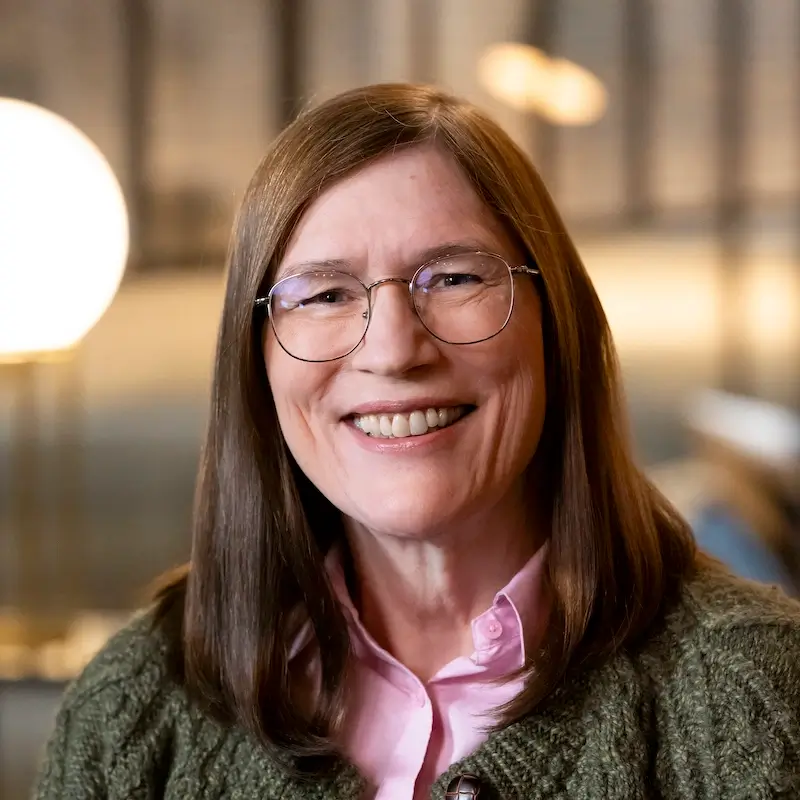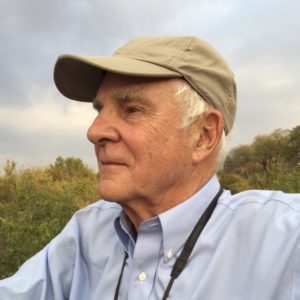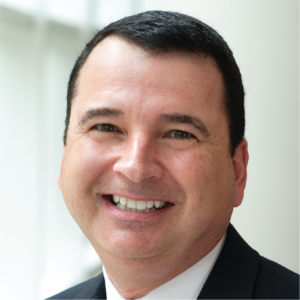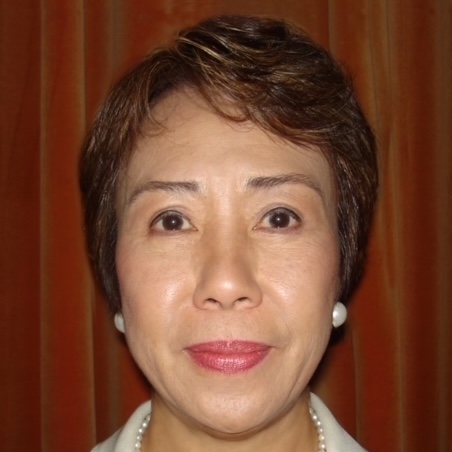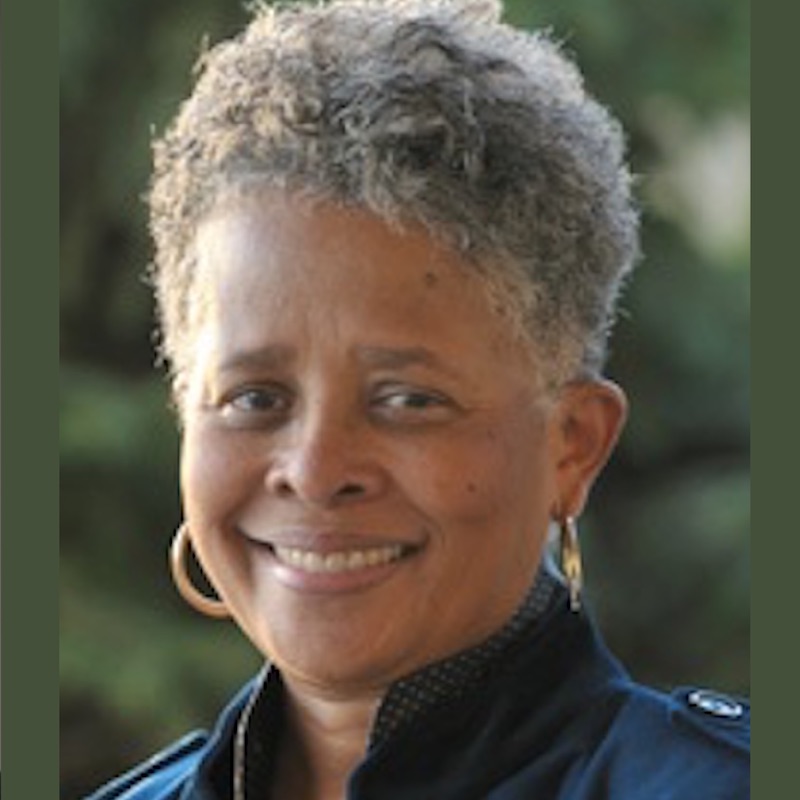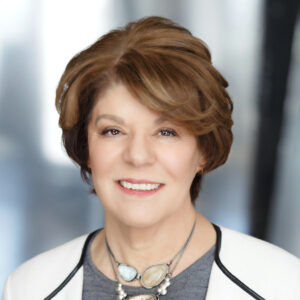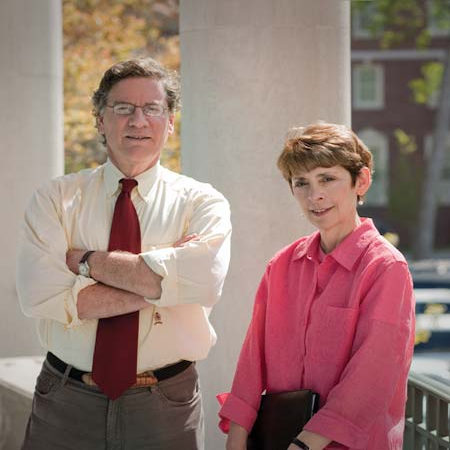News & Events
Advice for new education leaders, from McGraw Prize winners
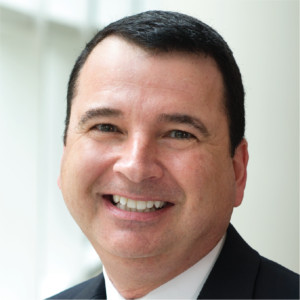
As students return to school, many education leaders are preparing for their first year as principals, superintendents, deans, college presidents, and system leaders. They will face challenges both expected and surprising.
We asked past McGraw Prize in Education Winners what advice they would offer to these new leaders. Here is what they had to say.
Barbara Oakley, 2023 Prize Winner
“Starting your first job as an education leader is both exciting and challenging. One of the most critical pieces of advice I can offer is to listen—really listen—to understand. Spend your first several months immersing yourself in the environment and understanding the unique needs, strengths, and challenges of your community. Leadership isn't just about making immediate changes; it's about formulating a vision that resonates with and uplifts those you serve.
“Interestingly, there's a story of a visionary school administrator in Chile who took on the worst-ranked secondary school. With no changes in the teaching staff, just a shift in leadership and vision, the school soared to become one of the highest-ranked in the country within two years. This illustrates that leadership truly matters and that by understanding and aligning with your community, you can inspire significant positive change.”
John Merrow, 2012 winner
“The central question to ask about every child is ‘How is he or she smart?’ and NOT ‘How smart is he or she?’ That creates a paradigm shift.”
Timothy Renick, 2018 Prize Winner
“Follow the data.”
Julie Young, 2011 Prize Winner, with advice for a new PreK-12 leader
“It is not for the faint of heart. Build trusting relationships by actively listening and giving a voice to all stakeholders. As an education leader, your success stems not from authority alone, but from nurturing strong collaboration in your school community. Make it a priority to engage students, parents, teachers, staff at all levels through open communication channels. Seek to truly understand each group's goals and challenges, not just impose your ideas or reactively address problems as they arise.
“When people feel genuinely valued and heard, they will support a common purpose and take initiative in bettering your shared mission. Along the way, leverage others' expertise to shape sustainable solutions and advance as one united, student-focused community invested in real outcomes over rhetoric. If given the foundation of trust and partnership, collective potential to drive meaningful change multiplies exponentially. Realize this is not your parents' school system. Kids are faced with ridiculous societal challenges with drugs, sex, and social media, at a very early age. They will bring all of this into your classrooms. Teach prevention with all.”
Yvonne Chan, 1996 winner
“All risks can turn into opportunities.”
Carol D. Lee, 2021 winner
“Read widely. Move beyond your disciplinary silo.”
Estela Bensimon, 2020 Prize Winner, with advice for a new higher education leader
“I would advise a new leader to not assume that institutions of higher education are naturally benign and to make it their business to understand the many ways in which the institution is/is not a vehicle for opportunity for the most underserved students. I would also advise new leaders to conduct an equity audit into core institutional practices and policies, starting with hiring and evaluation of faculty, staff, academic leaders. I would advise leaders to become more knowledgeable and engaged in promoting teaching strategies that speak to the students we enroll rather than to the students in the past.”
Douglas Fuchs, 2021 Prize Winner
"To thine own self be true."

